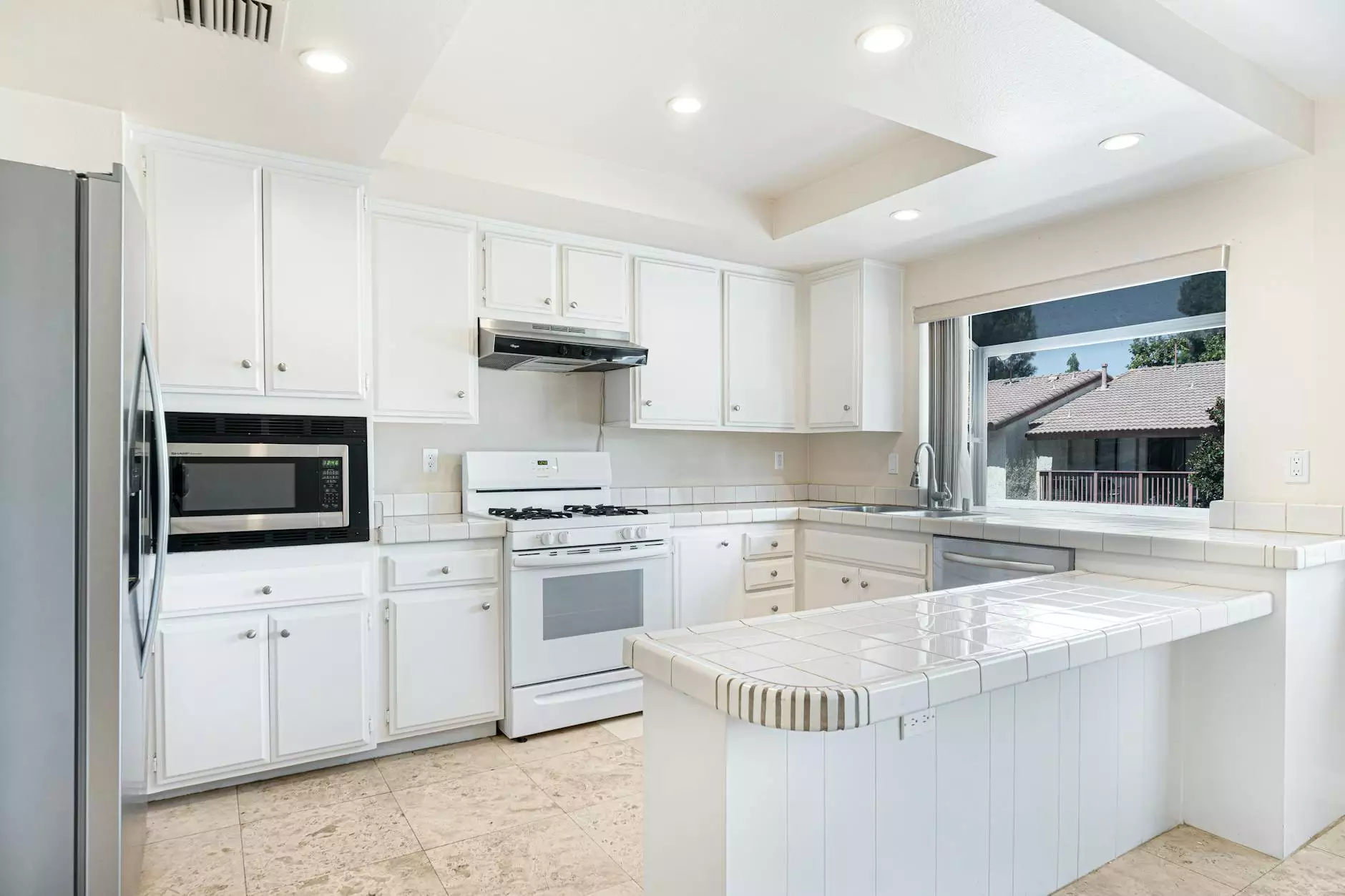Understanding the Importance of Residential Plumbing Maintenance

Residential plumbing maintenance is an essential aspect of home ownership that often gets overlooked. Many homeowners only think about plumbing issues when they arise, which can lead to costly repairs and extensive damage. By understanding the importance of regular maintenance, you can save money, improve your home's efficiency, and extend the lifespan of your plumbing system.
Why Regular Maintenance is Crucial
Just like any other component of your home, your plumbing system requires attention and care. Neglecting maintenance can lead to a variety of problems, including:
- Leaks: Undetected leaks can cause water damage, mold growth, and structural issues.
- Clogs: Regular maintenance can help prevent clogs that can disrupt your daily routine.
- Efficiency Loss: Poorly maintained plumbing systems can lead to higher water bills and energy costs.
- Decreased Longevity: Taking care of your plumbing can prevent premature failures and the need for replacements.
Key Components of Residential Plumbing Maintenance
Maintaining a plumbing system involves several key components. Here’s a detailed look at each:
1. Regular Inspections
Schedule regular inspections of your plumbing system by professionals. This includes checking pipes, fixtures, and appliances for signs of wear and tear. A qualified plumber can identify potential issues before they become serious problems.
2. Drain Cleaning
Regular drain cleaning is essential to prevent clogs. You can use a combination of natural solutions, such as baking soda and vinegar, as well as professional services. Consider professional drain cleaning services at least once a year to maintain flow.
3. Water Heater Maintenance
Your water heater is a vital component of your plumbing system. Proper water heater installation/repair and maintenance ensure that it operates efficiently and effectively. Flushing your water heater annually can remove sediment buildup, improving energy efficiency and extending its lifespan.
4. Pipe Insulation
Insulating your pipes is often overlooked but plays a crucial role in preventing pipe bursts during cold weather. Proper insulation maintains water temperature and minimizes the risk of frozen pipes.
5. Fixture Upgrades
Upgrade old fixtures to modern, water-efficient models. This not only improves the functionality of your plumbing but also leads to significant water savings over time.
Common Plumbing Problems and Their Solutions
Every homeowner eventually faces plumbing problems. Here are some of the most common issues and how to handle them:
1. Dripping Faucets
A dripping faucet can waste gallons of water over time. This is often caused by worn washers or O-rings. Replacing these components can stop the drip and conserve water.
2. Running Toilets
If your toilet runs continuously, it may be due to a faulty flapper or fill valve. Inspecting and replacing these parts can eliminate the problem and save money on water bills.
3. Low Water Pressure
Low water pressure can be caused by mineral buildup or leaks. A thorough inspection can identify the source, whether it's a clogged aerator or a more serious plumbing issue.
4. Slow Drains
Slow drains can indicate clogs either in the pipes or the main sewer line. DIY methods may work for minor clogs, but more significant issues require professional intervention.
Best Practices for Homeowners
Homeowners can adopt some best practices to keep their plumbing systems running smoothly:
1. Keep a Maintenance Schedule
Establish a routine maintenance schedule that includes inspections, drain cleaning, and other upkeep tasks.
2. Educate Yourself
Understanding your plumbing system can empower you to identify issues early. Familiarize yourself with your home's plumbing layout and the location of shut-off valves.
3. Use Caution with Chemicals
Avoid chemical drain cleaners that can damage your pipes over time. Instead, opt for natural cleaning solutions or call a professional for stubborn clogs.
4. Monitor Water Bills
Keep an eye on your water bills. Significant increases could indicate a leak or an inefficient plumbing system.
Hiring a Professional Plumbing Service
While some plumbing maintenance tasks can be handled DIY-style, hiring a professional is often necessary, especially for major repairs or installations. When looking for a plumbing service, consider:
- Experience: Choose a company like White Plumbing Company that has a proven track record.
- Insurance and Licensing: Ensure the service is licensed and insured to protect yourself from liabilities.
- Customer Reviews: Check online reviews and testimonials to gauge customer satisfaction.
- Estimates: Get estimates from several services to compare prices and services offered.
Conclusion
Engaging in residential plumbing maintenance is critical for preserving the integrity and functionality of your home’s plumbing system. By conducting regular inspections, maintaining your water heater, cleaning drains, and using the best practices mentioned above, you can ensure long-lasting plumbing performance. Additionally, don't hesitate to reach out to professionals like the White Plumbing Company for expert maintenance and repairs. Remember, a small investment in maintenance today can save you large expenses tomorrow.



